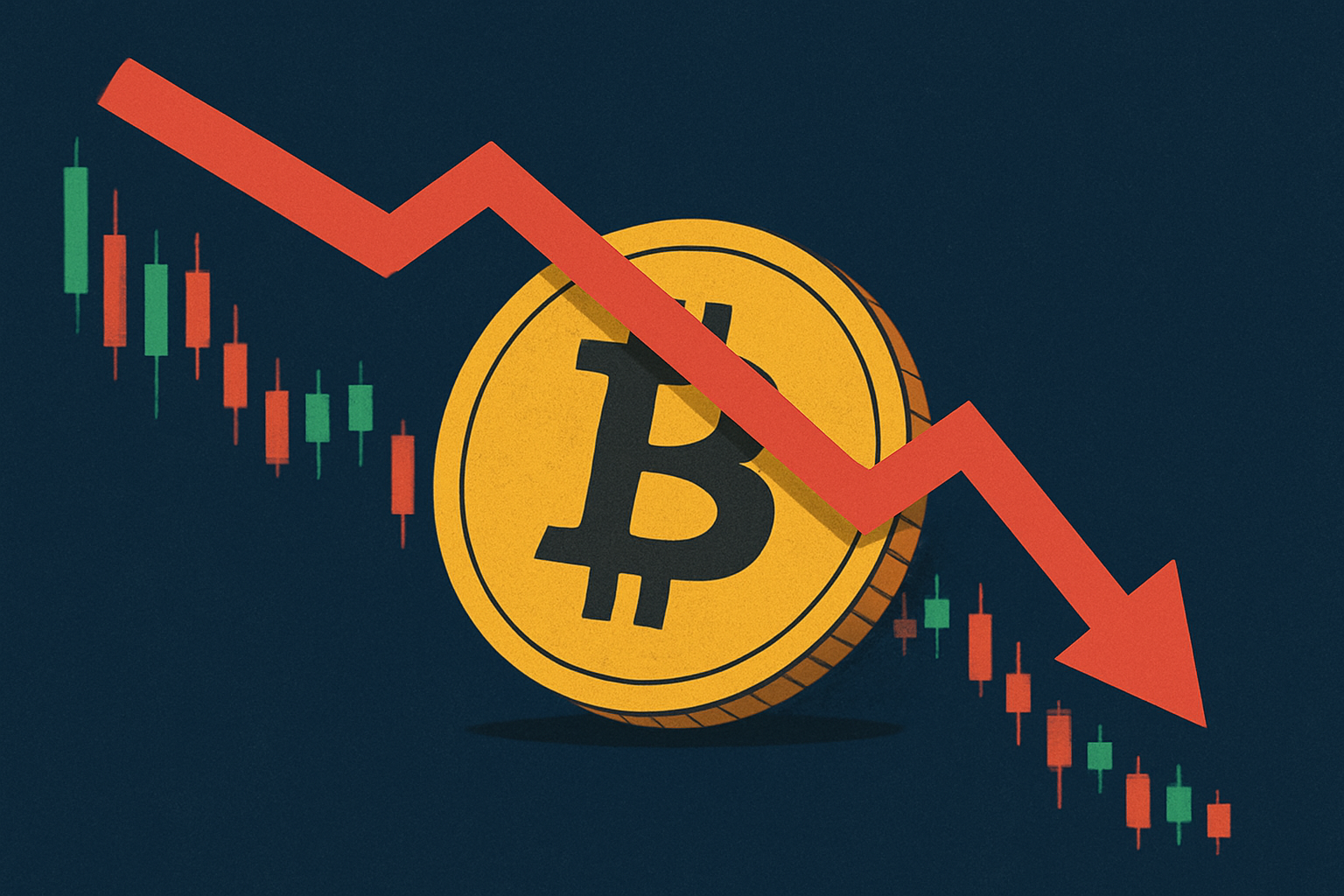In the world of cryptocurrencies, Bitcoin stands as a beacon of innovation, pushing the boundaries of traditional finance and challenging the very concept of money. Since its inception in 2009 by an anonymous entity known as Satoshi Nakamoto, Bitcoin has evolved from a niche digital experiment to a global financial phenomenon, captivating the imagination of investors, tech enthusiasts, and policymakers alike. In this article, we will explore the journey, significance, and key aspects of Bitcoin.
1. The Birth of Bitcoin
Bitcoin was born out of a whitepaper titled “Bitcoin: A Peer-to-Peer Electronic Cash System,” published by Satoshi Nakamoto in October 2008. This whitepaper introduced the concept of a decentralized, digital currency that would operate on a blockchain, a public ledger technology. On January 3, 2009, the Bitcoin network was officially launched with the mining of its genesis block, marking the beginning of a revolution in finance.
2. Decentralization and the Blockchain
At the heart of Bitcoin is the blockchain, a decentralized and immutable ledger that records all transactions. This ledger is maintained by a network of nodes (computers) around the world, ensuring transparency and security. The decentralized nature of Bitcoin means that no single entity, such as a government or financial institution, has control over it. This decentralization is often seen as a safeguard against censorship and centralized control.
3. Digital Gold: A Store of Value
One of the most compelling aspects of Bitcoin is its role as “digital gold.” Like gold, Bitcoin is seen as a store of value and a hedge against inflation. Its scarcity is enforced by a maximum supply of 21 million coins, making it a deflationary asset. This scarcity has driven Bitcoin’s price to new heights, with many investors viewing it as a digital alternative to traditional assets like stocks and real estate.
4. Investment and Speculation
Bitcoin’s meteoric rise in value has attracted the attention of investors worldwide. Many see it as a lucrative investment opportunity, while others view it as a speculative asset. The cryptocurrency’s price volatility has made headlines, with sharp fluctuations in value creating both excitement and concern. As a result, Bitcoin has sparked a debate about its potential to function as a stable currency versus a speculative investment.
5. Payment and Transactional Uses
While Bitcoin is often hailed as “digital gold,” it also has the potential to function as a medium of exchange. Some businesses and individuals have adopted Bitcoin for everyday transactions, especially in countries with unstable national currencies. Bitcoin’s borderless nature allows for international transactions without the need for intermediaries or high fees, making it an attractive option for cross-border commerce.
6. Regulatory and Legal Challenges
As Bitcoin’s popularity has grown, so has regulatory scrutiny. Governments around the world have grappled with how to classify and regulate cryptocurrencies. Some countries have embraced them as legitimate financial assets, while others have banned or imposed severe restrictions. This regulatory landscape is evolving and has implications for the global adoption of Bitcoin.
7. Technological Developments
Bitcoin’s underlying technology, blockchain, has spurred innovations beyond cryptocurrency. Various industries are exploring blockchain for applications in supply chain management, voting systems, and identity verification. The development of “smart contracts” on platforms like Ethereum has further expanded the capabilities of blockchain technology.
Conclusion
Bitcoin, often referred to as “digital gold,” has evolved from a niche experiment into a global phenomenon. Its decentralized nature, blockchain technology, and potential as a store of value have captured the world’s attention. As it continues to evolve, Bitcoin’s impact on the financial landscape, investment markets, and technological innovation remains profound. Its journey, from its mysterious inception to its current position in the global economy, is a testament to the transformative power of technology and human ingenuity. Whether Bitcoin is destined to revolutionize finance or remain a niche asset, it has undeniably left an indelible mark on the world of cryptocurrencies and beyond.












